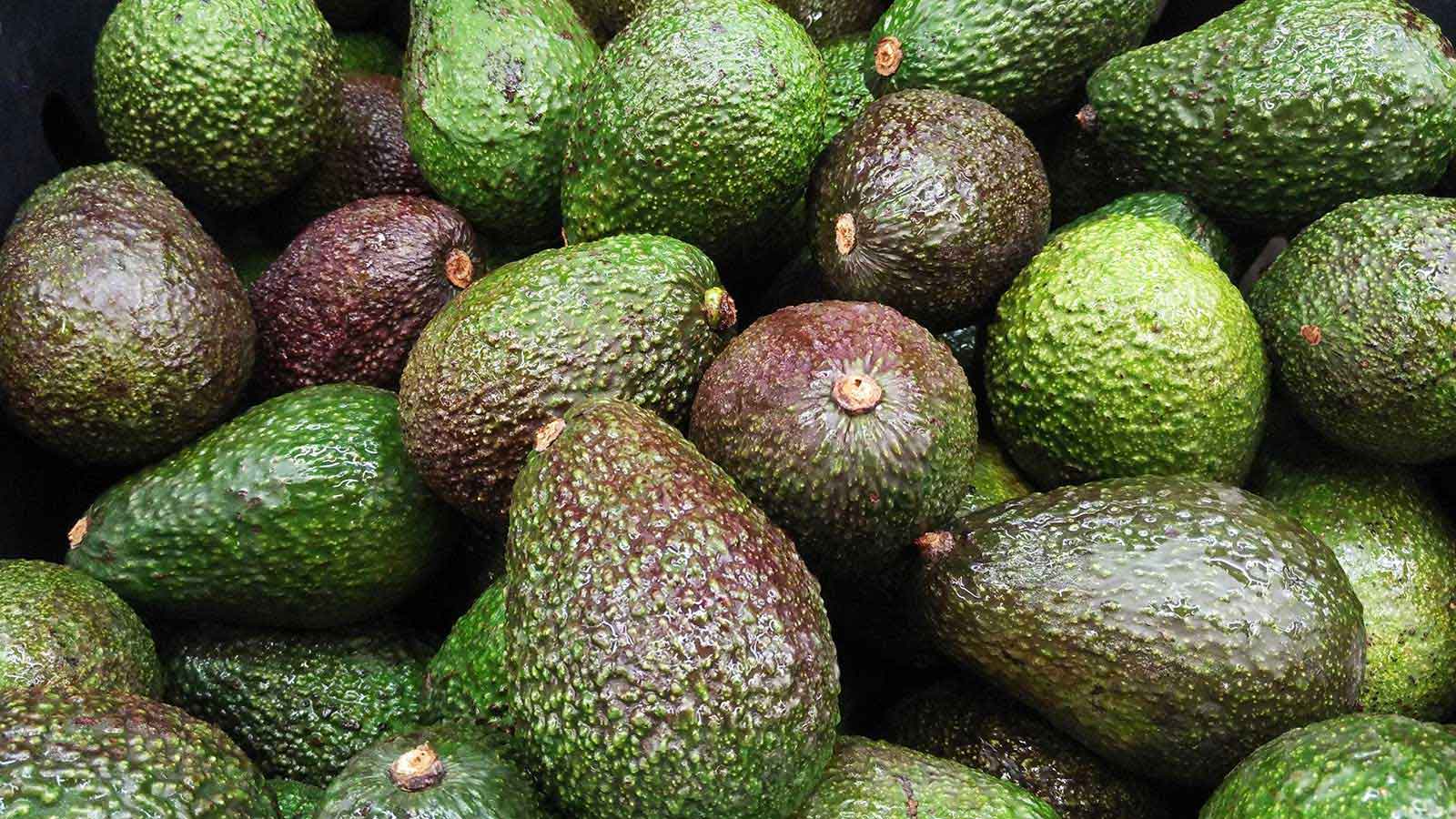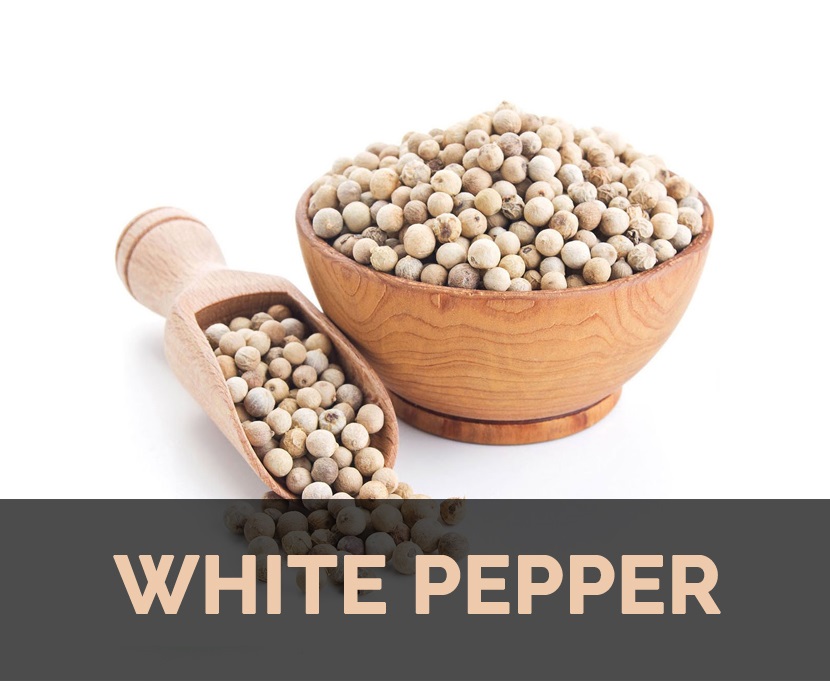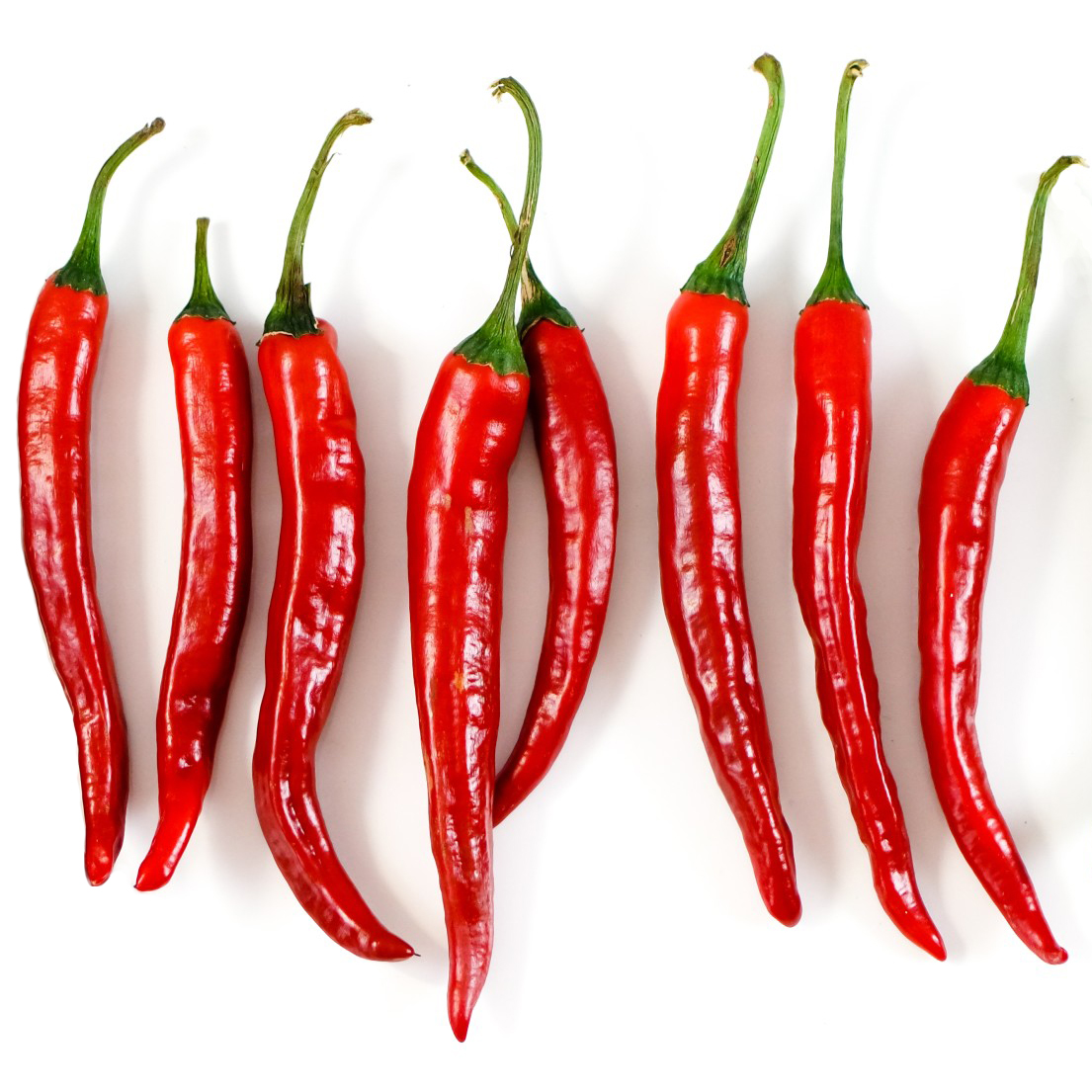Lowering sugar levels: Studies show that soybeans and their products, such as soybean fiber and fermented soybeans, lower blood sugar levels in people with diabetes, but caution should be taken if soy consumption is combined with drugs that lower blood sugar levels. Blood sugar levels are not affected by processed soy products such as soy protein.
According to a 2019 study conducted at the University of Life Sciences in Lublin, soy may reduce the risk of diabetes and increase the sensitivity of cells to insulin. In people with type 2 diabetes, the problem of insulin resistance occurs because the cells absorb less sugar and the sugar remains in the bloodstream, posing a risk to the body.
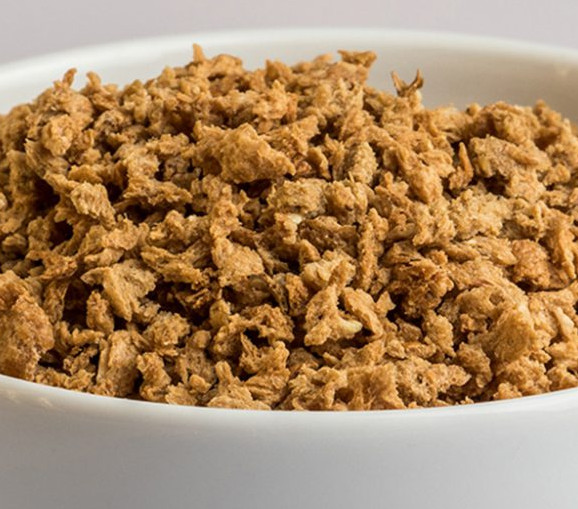
Soybeans have what properties?
A 2015 review published in the British Journal of Nutrition found that soy products increase high-density lipoprotein cholesterol (HDL), or “good” cholesterol, and decrease low-density lipoprotein cholesterol, or cholesterol. “Bad” cholesterol (LDL) is formed. Therefore, it is preferable to consume soy in food rather than supplements, especially if you have high cholesterol levels. However, soy supplements do not have the same effect on cholesterol levels as soy products, and soy isoflavone supplements do not have this effect, so it is preferable to consume soy in food rather than supplements.
Furthermore, fiber and phospholipids in soy help reduce harmful cholesterol levels. They ate 25 people in a study published in the European Journal of Nutrition in 2005, which was conducted on 121 patients with high cholesterol. Consumption of soy protein with fiber and phospholipids reduced cholesterol levels more than twice as much as consumption of soy protein alone after 8 weeks.
Blood pressure is lower
The protein content of soy is high and the carbohydrates are low. Regular consumption lowers systolic blood pressure by 2 to 5 points, which may play a role in lowering the risk of developing this disease, since it reduces 2 to 5 points from the level of systolic blood pressure.
Irritable bowel syndrome: reducing symptoms
67 people with irritable bowel syndrome were given capsules containing soy isoflavones for 6 weeks in a study published in 2015 in the Middle East Journal of Gastrointestinal Diseases. Despite this, they have shown a significant improvement in their quality of life, and more studies are needed to determine the effects of soy on IBS.
Diabetes and kidney disease: reducing the risk
People with diabetes may benefit from consuming soy protein as part of their diet instead of animal protein, but this is not one of the benefits of soy milk.
Soy products contain high amounts of oxalate, which is the main component of kidney stones. Consequently, eating soy products may increase the risk of kidney stones, and soy products contain chemicals such as phytoestrogens that may accumulate in large amounts, especially in people with kidney failure or with a family history of the disease. Therefore, people with kidney failure or with a family history of the disease should limit their soy intake.
Diarrhea relief
As compared to cow’s milk formula, fortified soy fiber formula can reduce the duration of diarrhea in infants with diarrhea when given alone or with oral rehydration solutions.
The use of soy milk products is not different from the use of cow’s milk products, but more research is needed to determine the effect of soy on diarrhea.
Metabolic syndrome symptoms can be reduced
Research shows that soy products containing soy protein lower blood sugar levels in people with metabolic syndrome, a condition that increases the risk of diabetes and heart disease.
The American Journal of Clinical Nutrition reported in 2007 that soybeans, which are soybeans soaked in water, filtered, and roasted, lower blood sugar and bad cholesterol. Reduced by women. According to this study, a diet containing soy nuts improved metabolic syndrome symptoms in women better than a diet containing soy protein.
Heart disease risk can be reduced
A soy-rich diet may reduce the risk of heart attack, death from heart disease, or stroke in postmenopausal women, but not in men or premenopausal women.
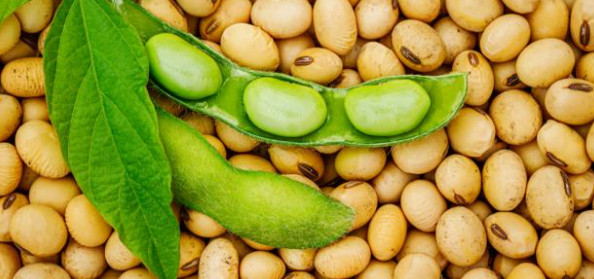
By consuming at least 20 grams of soy protein per day, it may help maintain heart health and reduce harmful cholesterol by substituting soy for dairy products and animal-based foods.
Enhance brain function
In soy, an isoflavone called daidzein is believed to reduce cognitive decline and diseases related to cognition and behavior. Eating soybeans may reduce age-related memory loss and declining thinking skills, according to a 2016 study published in Current Medicinal Chemistry.
Coping with colic in children
Soy milk powder may reduce colic in babies, according to a 2012 study at the University of Lyon.
The sucrose and fiber found in soy foods may help relieve colic in infants, but more research is needed to confirm these findings.
Managing Crohn’s disease symptoms
According to a 2000 study published in the European Journal of Gastroenterology and Hepatology, soy-based, lactose-free diets may improve nutritional status and increase Absorption of nutrients. Patients with Crohn’s disease can lose weight without affecting their energy metabolism. Influence physical activity and lactose intolerance.
Cancer risk can be reduced
Based on a comprehensive analysis of a number of published studies, eating soy may reduce the risk of several types of cancer, including colon cancer, lung cancer, and prostate cancer. According to a study in the 2000 Journal of Cancer Epidemiology, Biomarkers, and Prevention, fermented and unfermented soy products may reduce stomach cancer risk, but all of these studies considered other foods the participants consumed that may have influenced the outcome. The effect was not considered. Fruits, vegetables, and table salt are included.
According to a 2018 study published in Nutrients, eating soy as part of the diet may reduce the risk of prostate cancer and lung cancer as well. In men, it reduces.
Foods containing soy should be avoided by people with bladder cancer or people at high risk of developing it, such as those with a family history of the disease. Soy products may increase the risk of developing this disease.
Hepatitis C virus reduction
In hepatitis C patients, soy supplements may lower levels of a transporter enzyme called alanine transaminase, or ALT. According to a study of patients with hepatitis C, it also relieved fatty liver disease. The article was published in the World Journal of Gastroenterology in 2012.
Muscle strength
According to a 2015 study at the University of Tokushima, soy protein supplements may help reduce the risk of muscle atrophy after paralysis.
Degenerative arthritis cases are improving
People with osteoarthritis may benefit from taking soy protein supplements, according to a 2004 study published in Phytomedicine.
Loss of weight
Soy is often touted as a weight gain aid. However, the results of studies determining the benefits of soy isoflavones for weight loss have been mixed. According to a meta-analysis published in Nutrition in 2013, taking soy isoflavone supplements may help postmenopausal women lose weight and control their blood sugar and insulin levels.
Similarly, a recent review published in the Journal of Advanced Nutrition in 2017 included more than 40 studies on the effect of soy protein consumption on weight loss, waist circumference reduction, and fat mass. These benefits are confirmed by the results. Under certain conditions, women who took less than 100 mg of soy isoflavone supplements per day for a period of two to six months showed weight loss as a reduction in body mass index.
Comparing soy isoflavone supplements to whey or casein protein, there is insufficient scientific evidence to support their weight loss benefits.
Women’s health benefits from soy
Women’s health benefits from soy. Benefits include reducing symptoms of menopause and improving the condition of women with polycystic ovary syndrome.
Symptoms of soy consumption
Consuming soy protein products or eating foods containing soy protein is generally considered safe, and dietary supplements containing soy extract are probably safe when used short-term for no more than six months, but soy may affect men. In some cases, soy can be harmful to women when used at high doses for long periods of time. Below is information on how safe it is in some cases:
Consuming soy in moderate amounts during pregnancy and breastfeeding is generally considered safe, but in large amounts it is probably not safe, as it may pose a risk to fetal development.
The consumption of soy by children is considered largely safe in moderate amounts in food or infant formula, but it cannot replace milk for infants, despite its benefits. It is possible that the consumption of soy is unsafe for children with milk allergies because it may deprive them of certain nutrients. Due to their soy allergy, it is generally not recommended to use soy in large amounts for children as there is insufficient evidence of its safety.
Soy can harm both men and women in the following ways:
Allergy to soybean husk is often seen in people with allergic rhinitis or so-called allergic rhinitis.
Asthmatics should avoid consuming soy products. Soy allergies are more common in them.
When a child has cystic fibrosis, eating soy milk may interfere with the analysis of body proteins in the body, so it is best to avoid eating soy products.
Hypothyroidism: Eating soy may worsen hypothyroidism.
Soybeans’ nutritional value
Below is a table showing the nutrients in one cup or 186 grams of soybeans:
| Nutritional element | Number |
| calories | 830 calories |
| Water | 15.9 grams |
| Protein | 67.9 grams |
| Fats | 37.1 grams |
| carbohydrates | 56.1 grams |
| Dietary fiber | 17.3 grams |
| Calcium | 515 mg |
| iron | 29.2 mg |
| magnesium | 521 mg |
| phosphorus | 1310 mg |
| potassium | 3340 mg |
| sodium | 3.72 mg |
| Zinc | 9.1 mg |
| copper | 3.08 mg |
| Manganese | 4.68 mg |
| Selenium | 33.1 micrograms |
| Vitamin C | 11.2 mg |
| Vitamin B1 | 1.63 mg |
| Vitamin B2 | 1.62 mg |
| Vitamin B3 | 3.02 mg |
| Vitamin B5 | 1.48 mg |
| Vitamin B6 | 0.701 mg |
| folate | 698 micrograms |
| Vitamin A | 40.9 IU |
| Vitamin E | 1.58 mg |
| Vitamin K | 87.4 micrograms |


